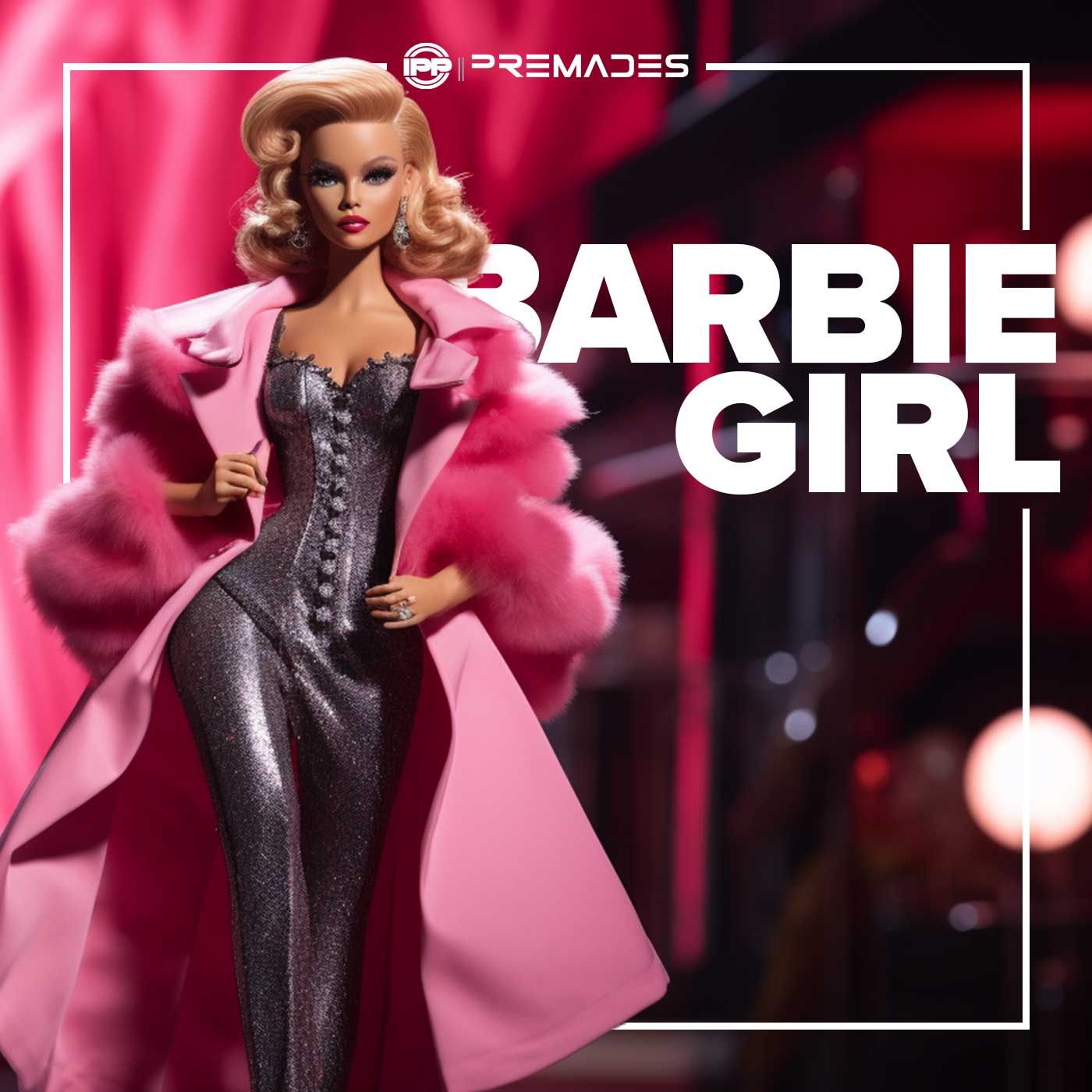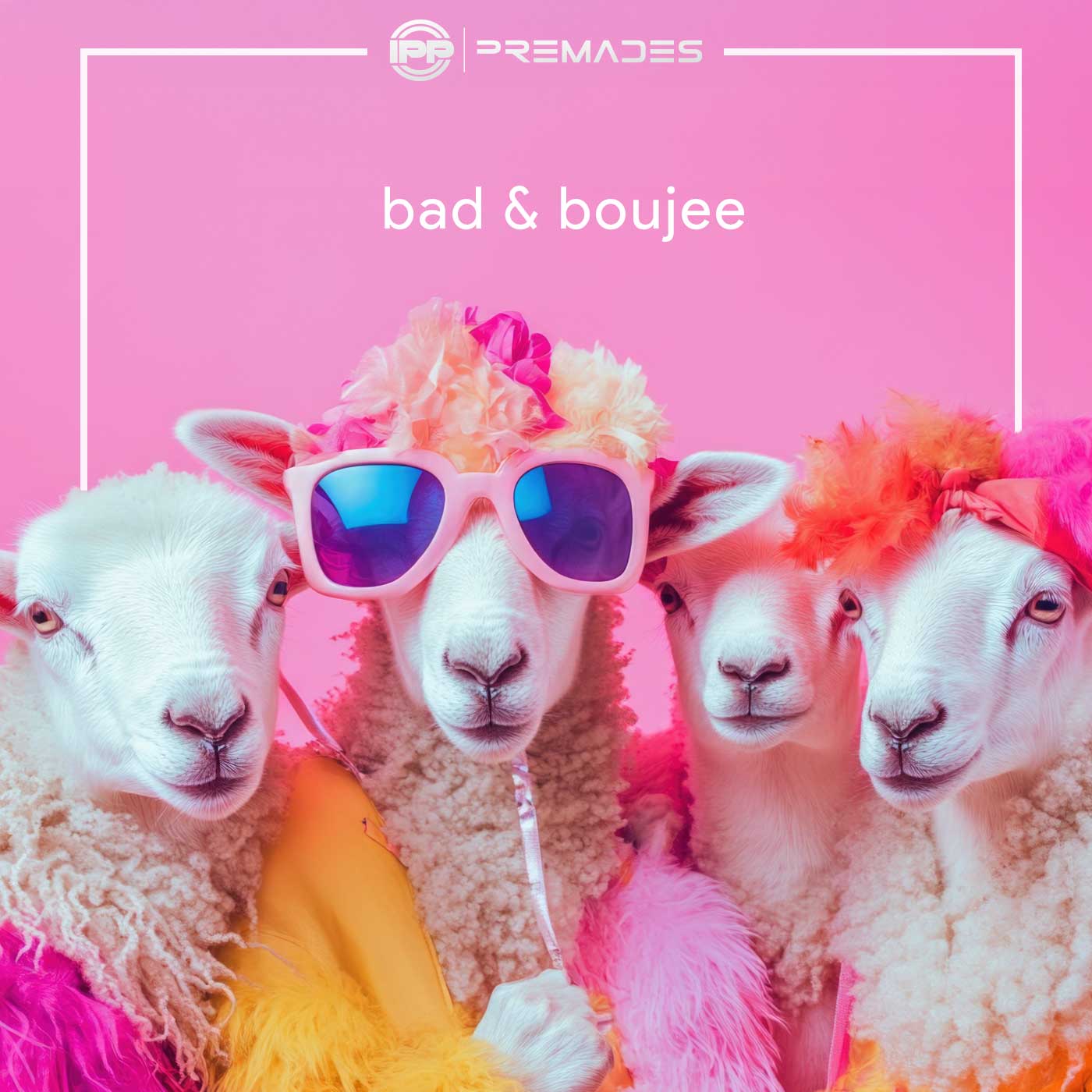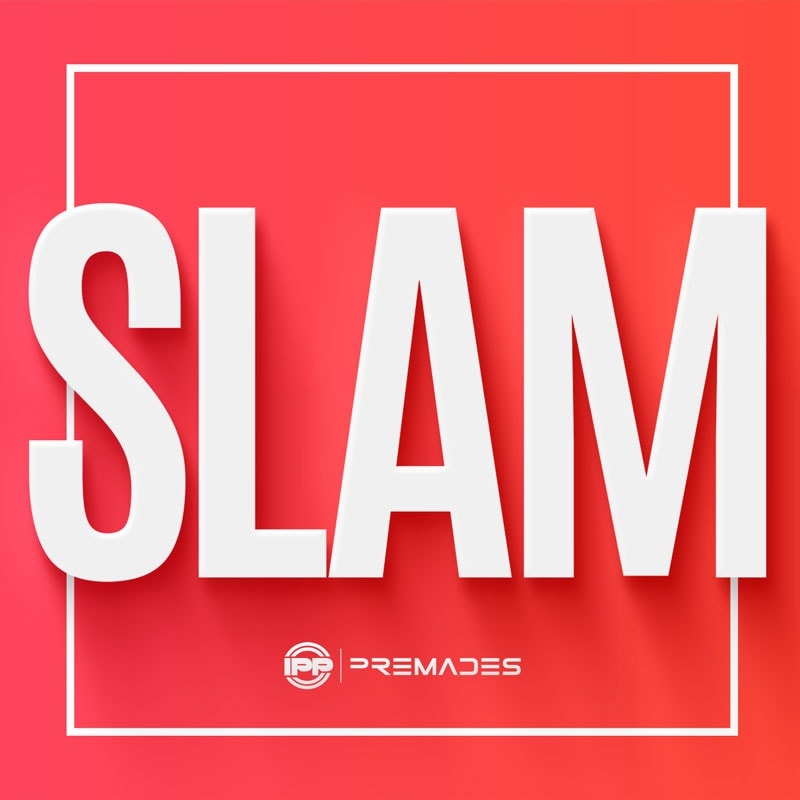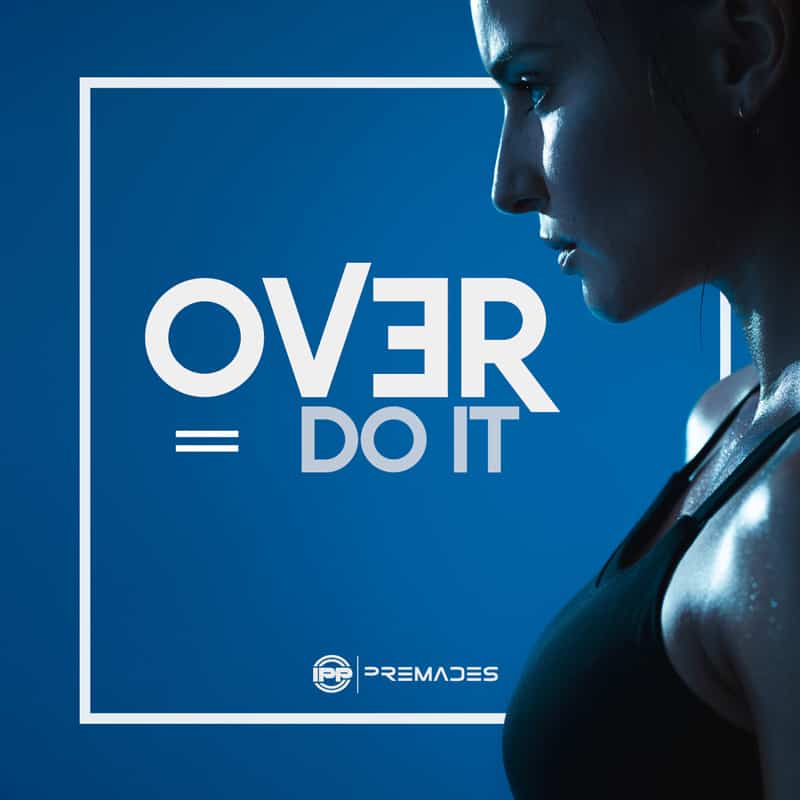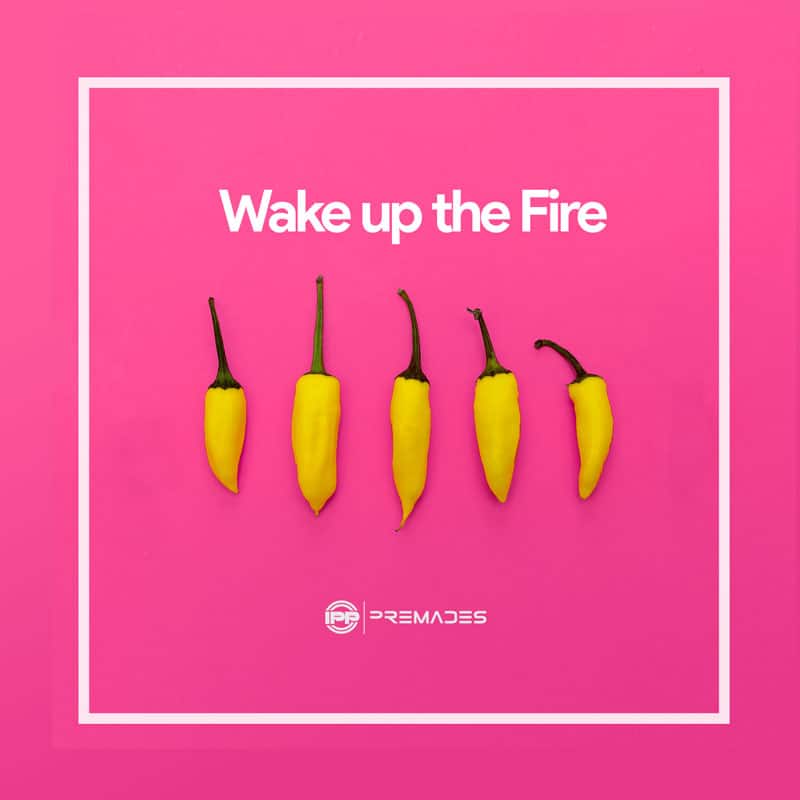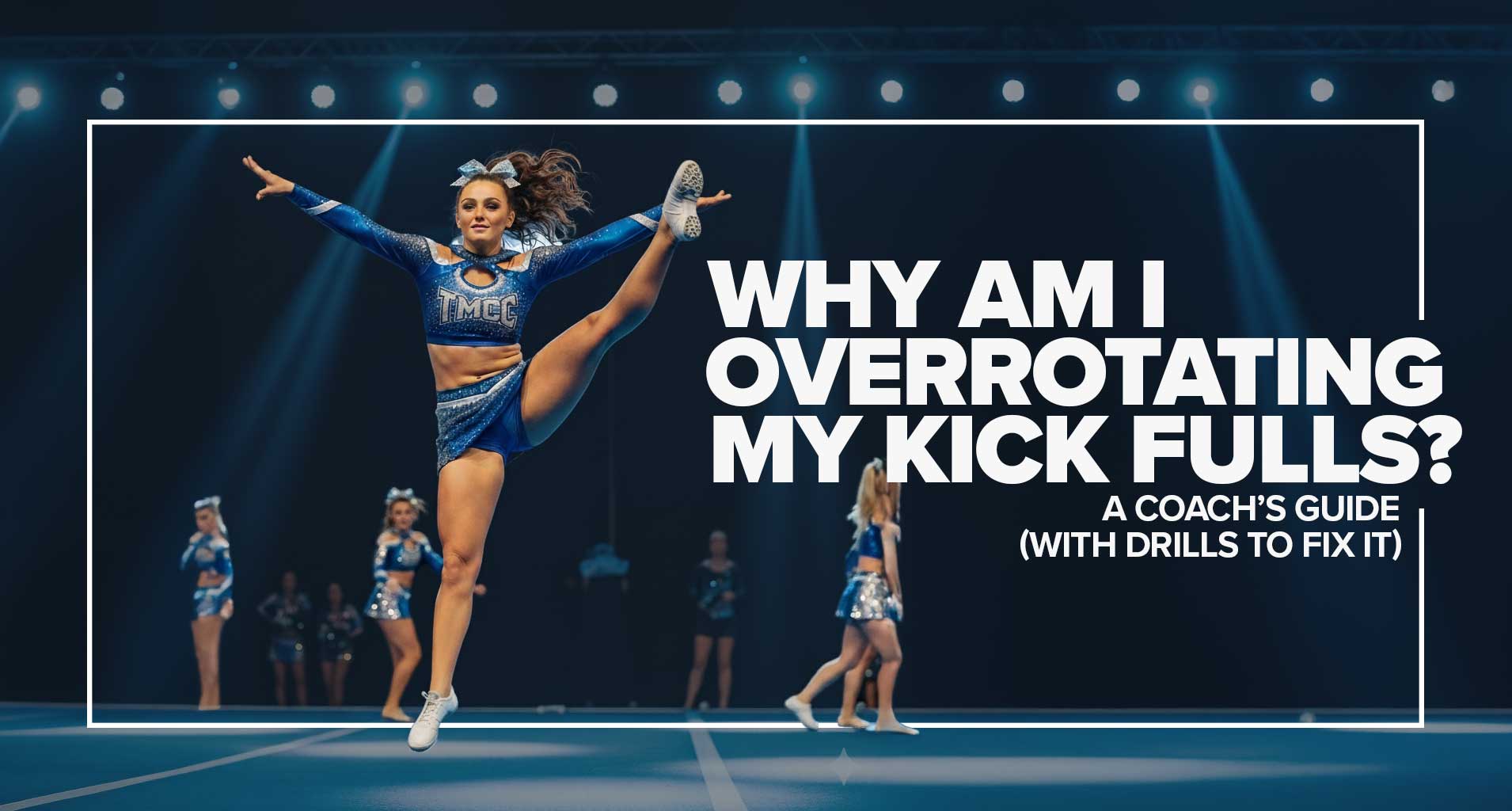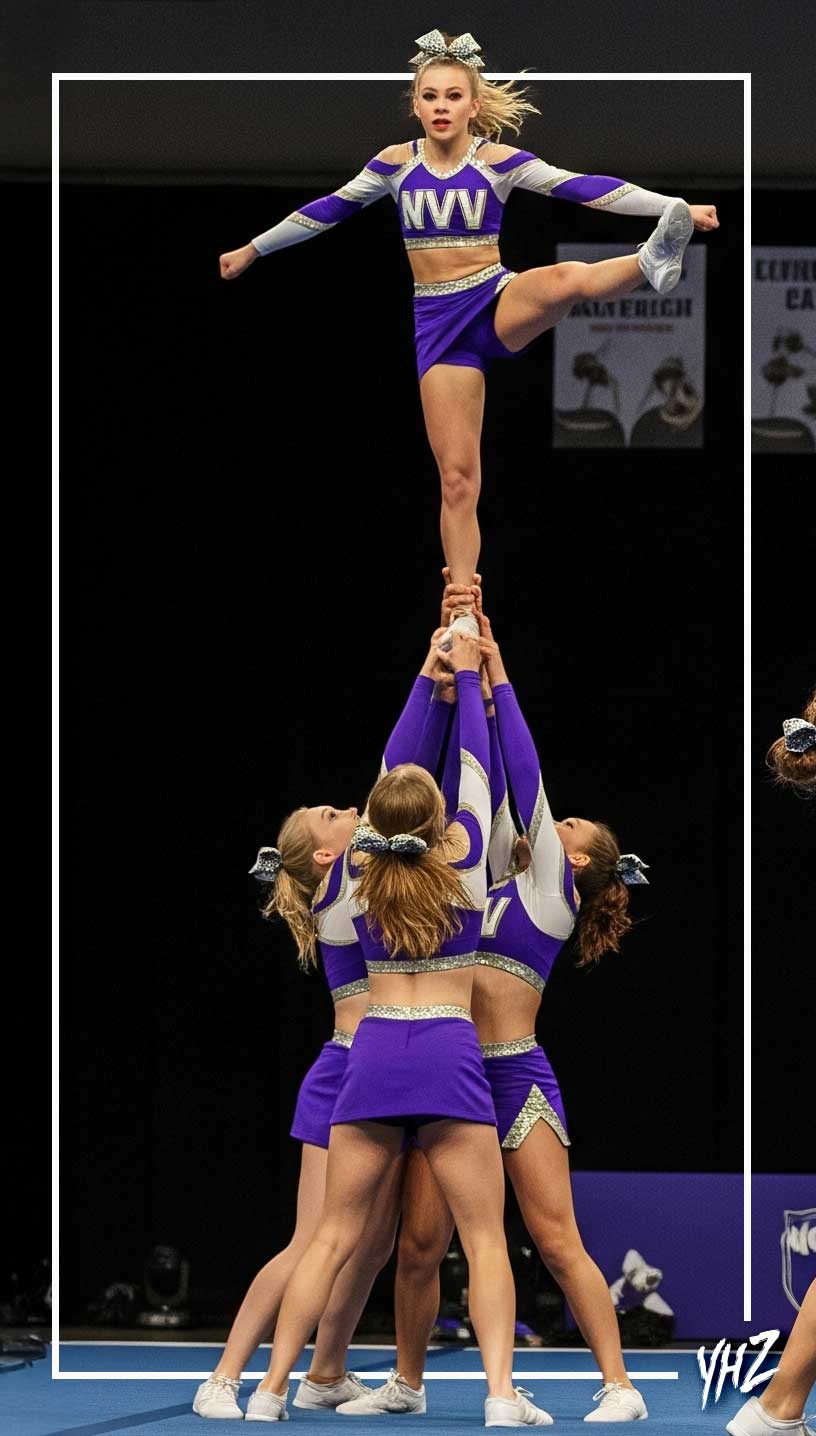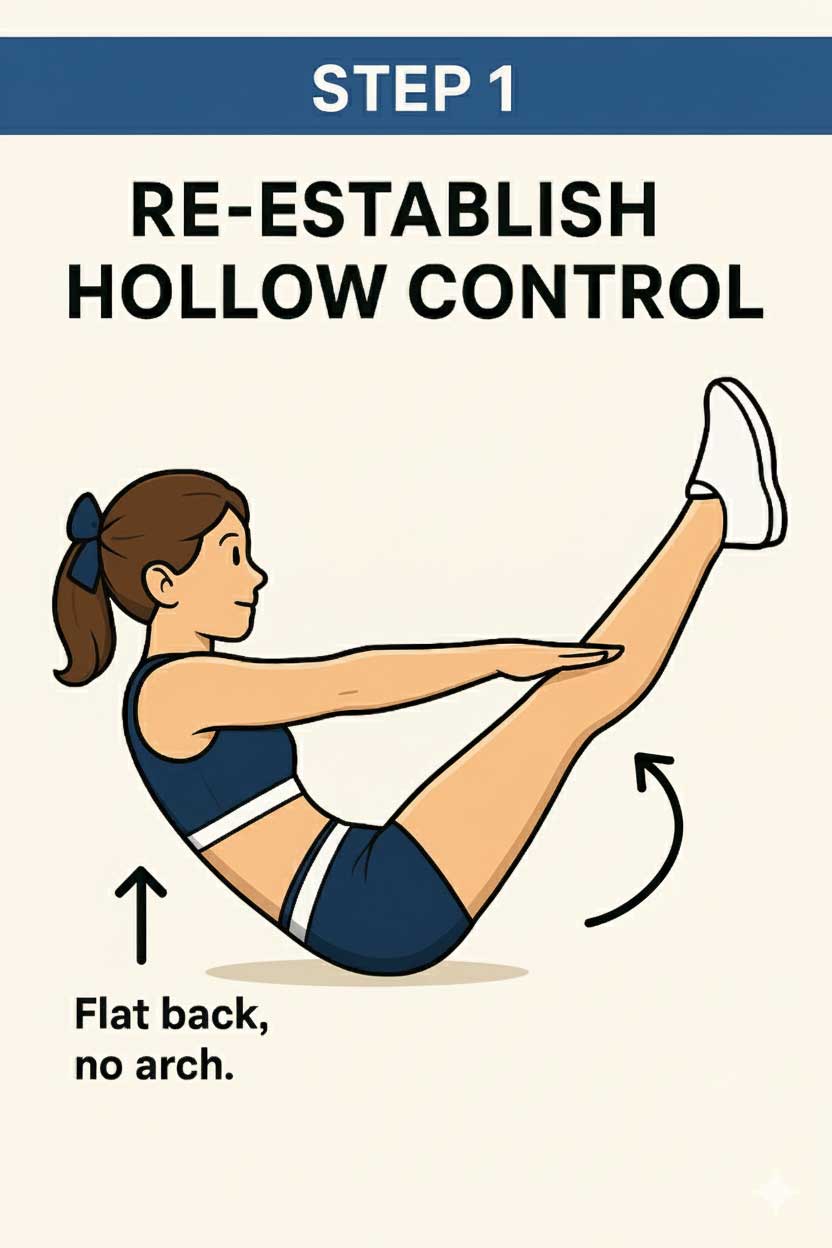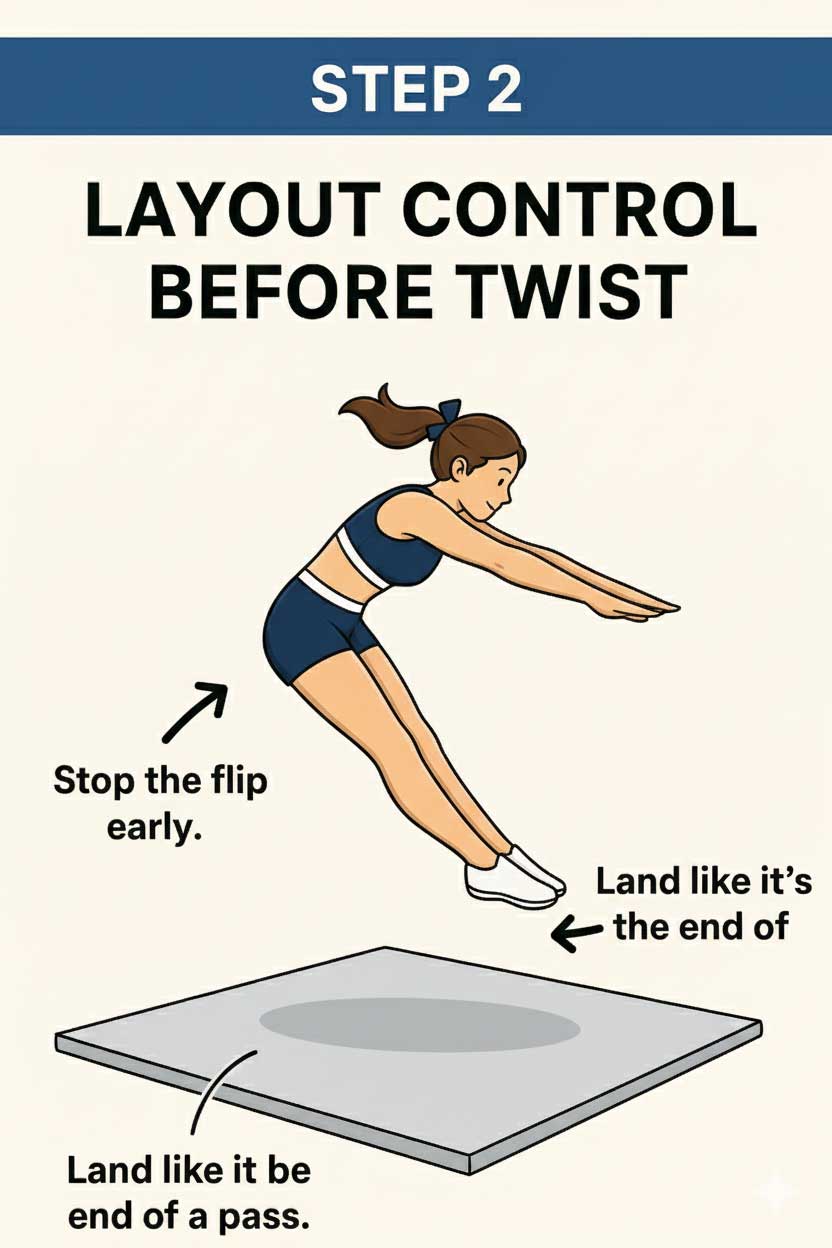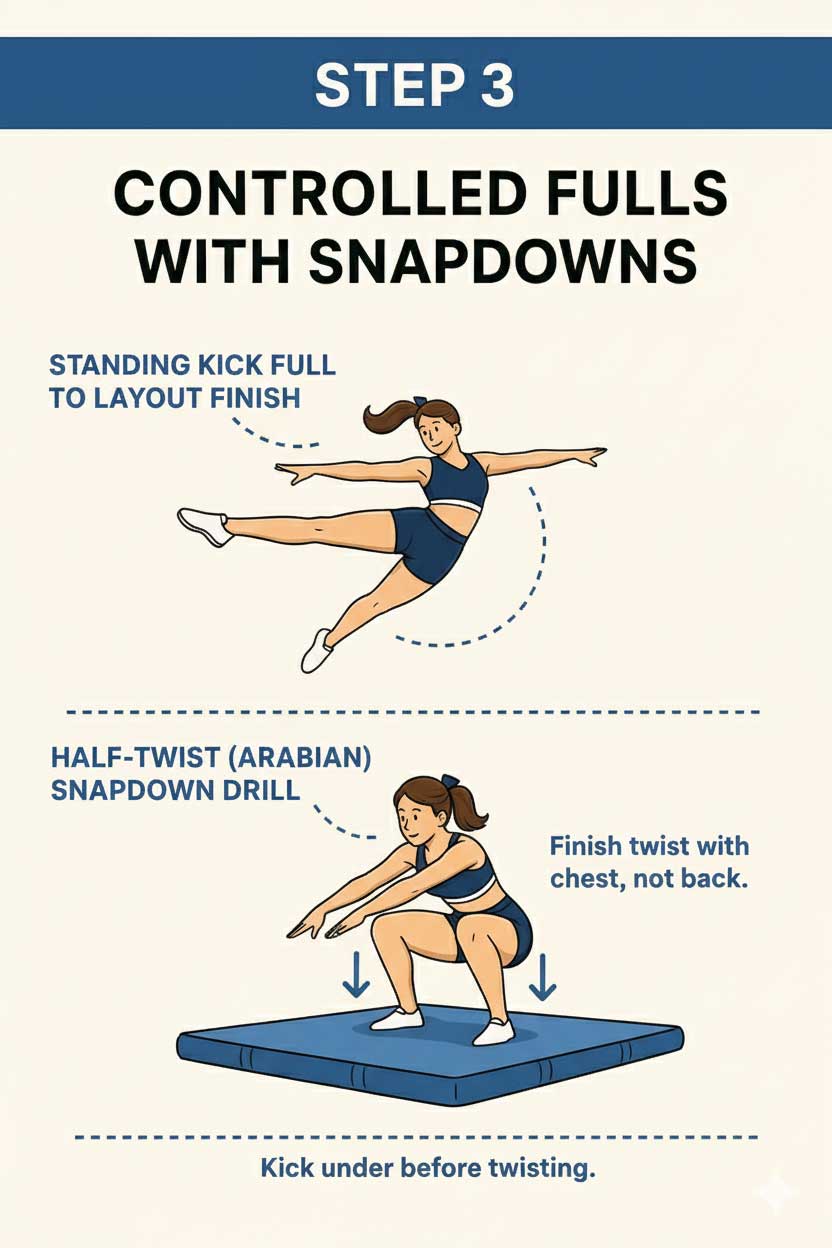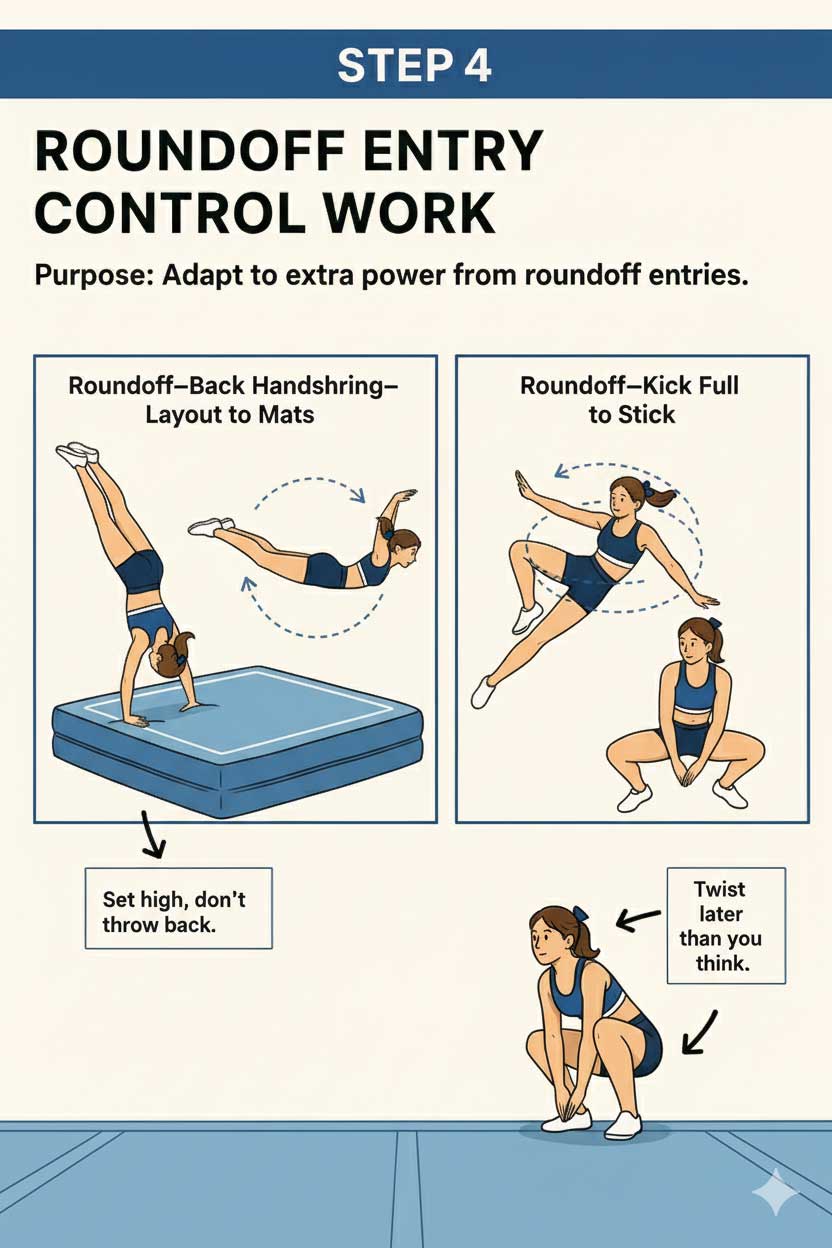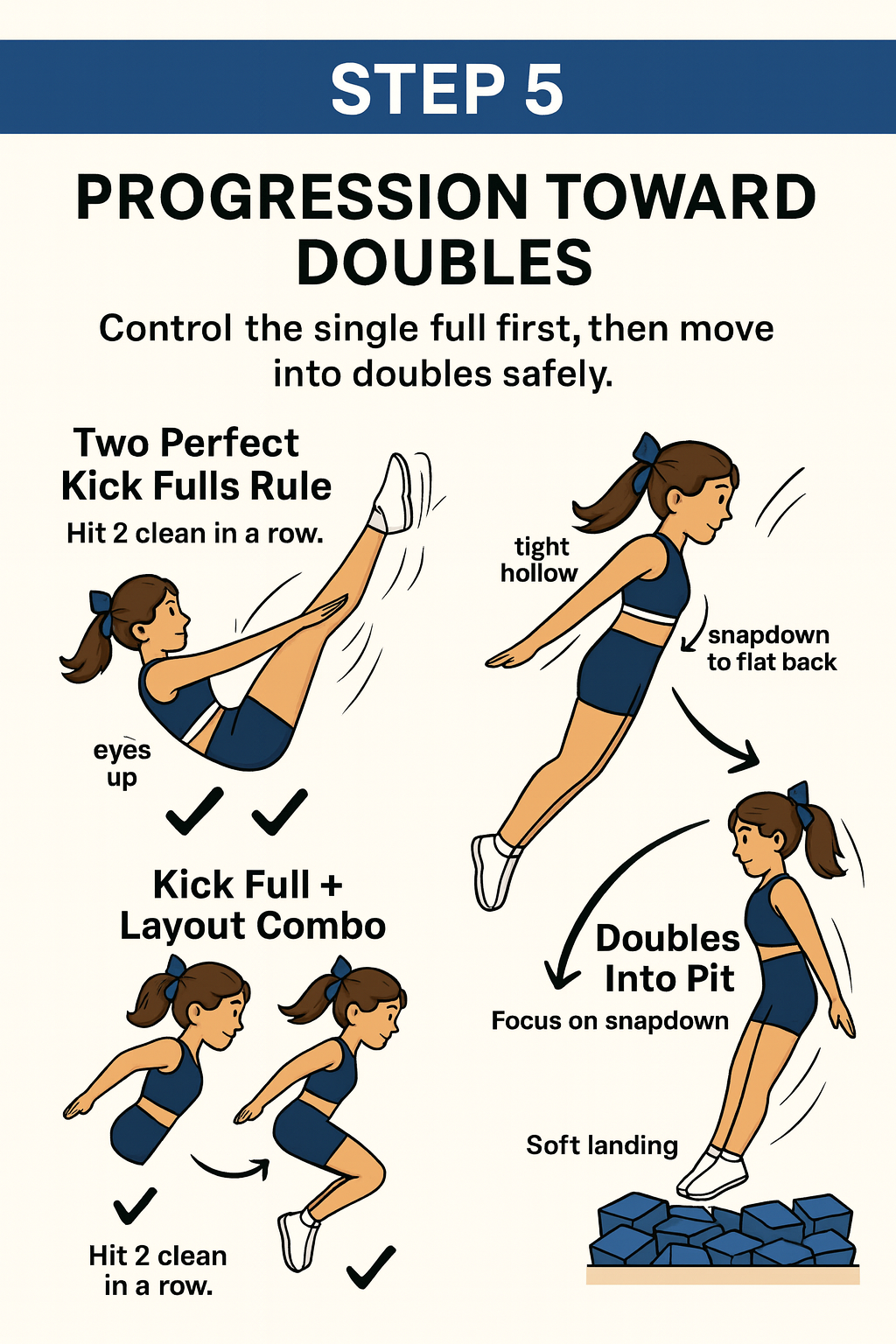By Steve Pawlyk
Published September 10, 2025
A few days ago, someone posted a video in r/cheerleading asking why they kept overrotating their kick fulls. I jumped in with this whole article about kick full technique. I was pretty proud of it, honestly. 😊 Then she dropped a very polite comment that showed how I kinda missed her point.
She basically said: “Cool article, but this isn’t just about kick fulls. This happens with literally any skill when I go from standing to running. Like, I can nail standing doubles on tumble track, but when I need a roundoff-BHS for triples, I overrotate onto my back every time.”
And you know what? She was 100% right. I’d completely missed the bigger picture. Her problem wasn’t about one specific skill. It was about something way more fundamental that affects pretty much every tumbler who’s leveling up. So I went back, did my homework, talked to a bunch of coaches, and wrote this completely new article that actually addresses what’s really going on.
To the athlete OP from r/cheerleading (u/Beginning_Army_9084): respect. This one’s for you.
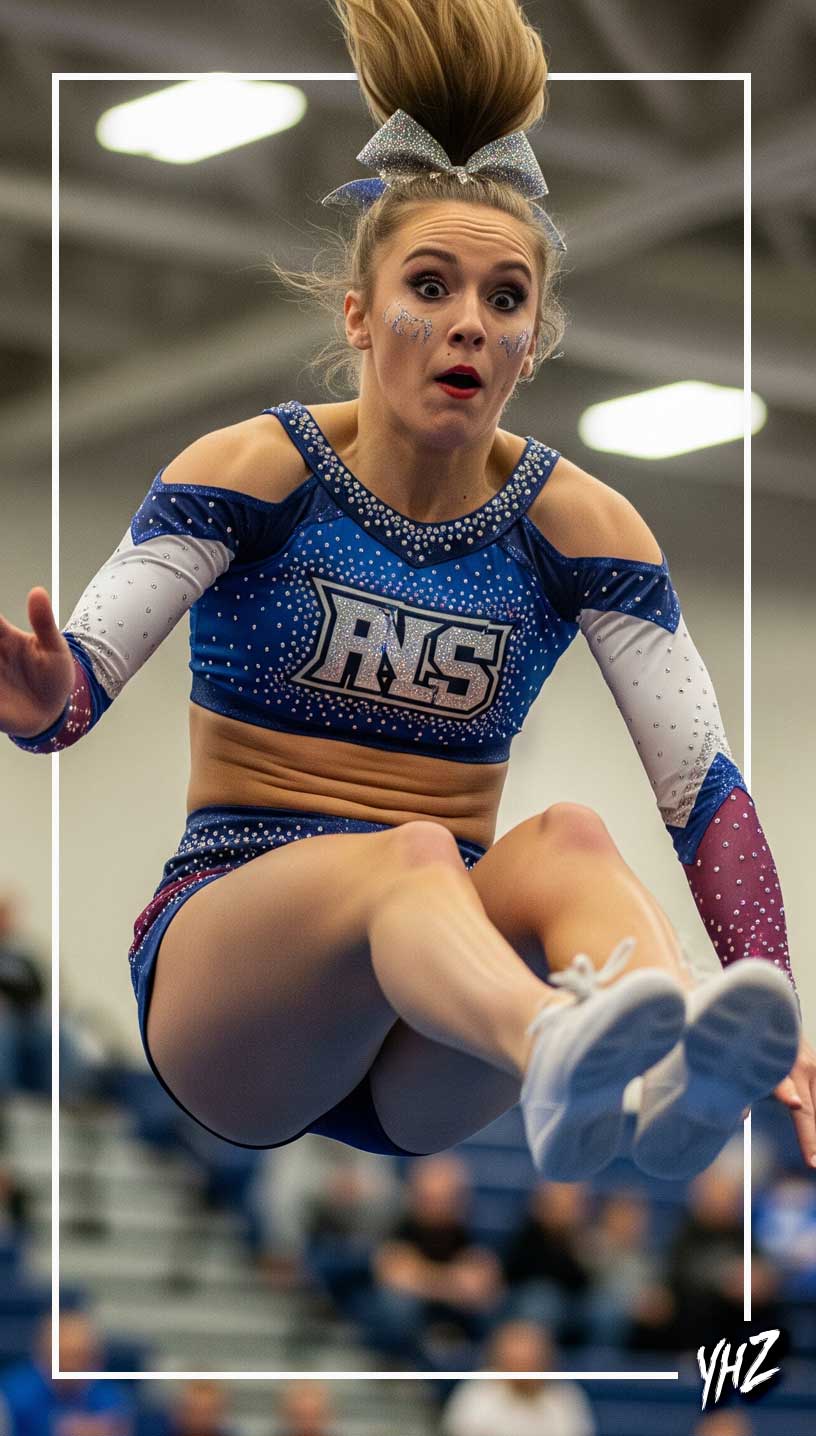
⚠️ Real Talk: Safety First
Look, I need to be super clear here. Everything in this article is dangerous if you try it without proper coaching. I’m talking about:
- You NEED a certified coach watching you
- You NEED to be in a real gym with proper mats and equipment
- You NEED to have the basics down first
- You NEED someone spotting you until your coach says you’re good to go solo
Please don’t try this stuff in your backyard or basement. I’m serious. People get paralyzed or worse from tumbling wrong. This isn’t meant to scare you. It’s just reality.
The Problem Everyone Faces (But Nobody Explains Well)
So here’s the deal: You’ve got your standing doubles looking clean. You’re feeling good. Then you add a roundoff-back handspring and suddenly you’re rotating way too fast and landing on your back. Sound familiar?
One athlete described it perfectly: “I can do standing double fulls on tumble track just fine, but I can’t do standing triples, so I need to add a roundoff-BHS. But then I overrotate and land on my back.”
This isn’t just you being weird or doing something wrong. It’s a legit biomechanical thing (fancy word for how your body moves) that happens to basically everyone when they start combining standing and running skills.
Why This Happens: The Science Stuff (Made Simple)
1. Your Roundoff Changes Everything
Here’s what research actually tells us: roundoffs literally turn your forward running speed into upward and backward power. When you add that to the technique you use for standing skills, you suddenly have way more rotation than you know what to do with.
Think of it this way: It’s like you’re used to driving 30mph and suddenly you’re going 60mph but still trying to brake at the same spot. Of course you’re gonna overshoot.
2. Your Muscles Fire Totally Differently
This is kinda wild. So scientists have studied this and found that your muscles actually work in a completely different order when you’re tumbling from a run versus standing still. Like, your calf muscles (gastrocnemius if you wanna get fancy) and your quads work together differently, and your hamstrings kick in at different times.
Real world translation: Imagine throwing a baseball while standing still versus throwing while running. Same arm motion, right? But your whole body has to adjust to handle the momentum. That’s exactly what’s happening with your tumbling.
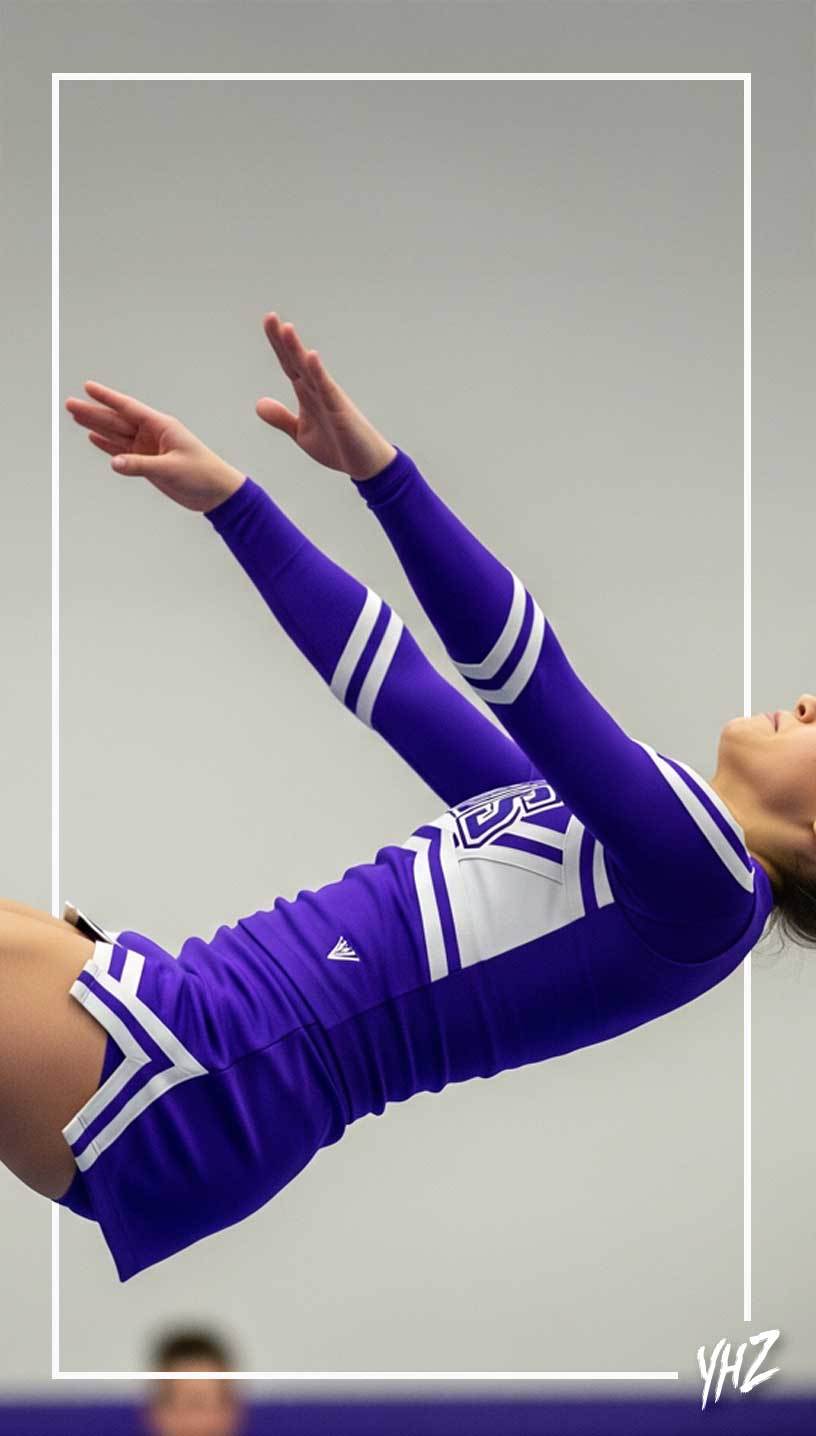
3. Your Brain is Playing Catch-Up
Your brain has basically memorized how to do your standing skills. It knows what to look for (visual cues), what your body position feels like (that’s the proprioceptive thing; basically your body’s GPS system), and when to fire which muscles. But when you suddenly add speed, your brain can’t adjust fast enough.
What this feels like: You know that weird feeling when you step on an escalator that’s broken and not moving? Your brain expects motion but gets stillness, and you feel all off-balance for a second? That’s basically what’s happening here, but in reverse. Your brain expects standing-speed but gets running-speed, and everything feels wrong.
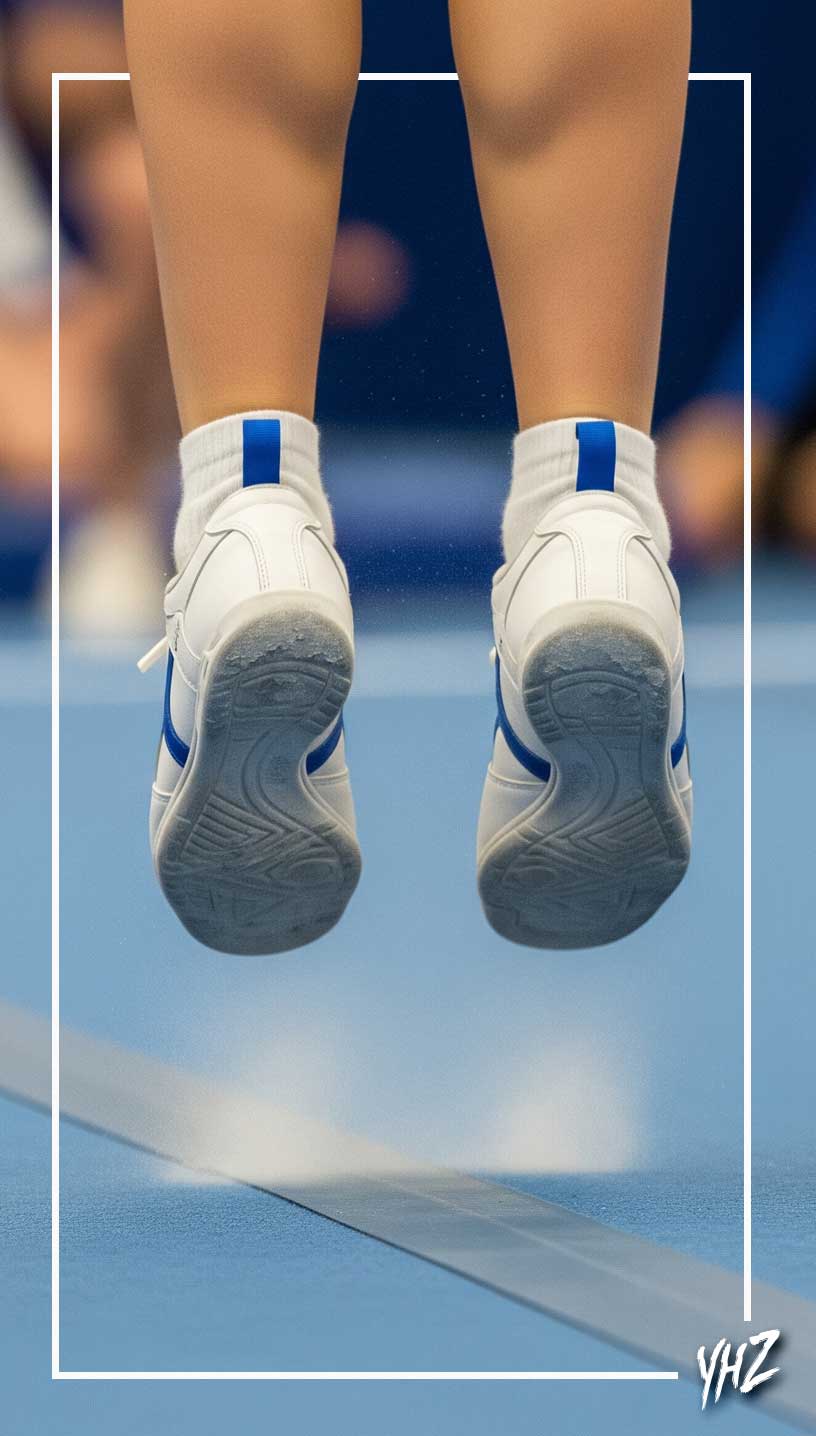
The Real Issue: You’re Using the Wrong Technique for the Situation
Here’s the truth bomb: The technique that works perfectly for your standing skills just doesn’t work when you add running momentum. Research on tumbling shows that how you take off literally determines how much power and rotation you generate, and the technique for standing is totally different from running.
Think about it like this: You’re trying to use the same parking technique whether you’re going 5mph or 50mph. That’s obviously not gonna work.
Standing Skills (What You’re Used To):
- You’re on the ground longer during takeoff
- You have time to really set up your rotation
- Your body stays pretty upright
- All your power comes from your leg push
- You control everything
Running Skills (What You Need to Learn):
- You have to be way quicker off the ground
- The roundoff already started your rotation for you
- You’re dealing with forward momentum you have to redirect
- Your power comes from legs PLUS all that running speed
- There’s way more going on to manage
Easy comparison: Standing skills are like jumping straight up from a chair—controlled, predictable. Running skills are like jumping off a moving skateboard—everything’s faster and if you don’t adjust, you’re eating mat.
Before You Even Think About This Stuff: The Non-Negotiables
Real talk—if you can’t do these things, you’re not ready for what we’re talking about:
Strength Stuff You Need:
✓ Hold a handstand against the wall for a full minute (yes, 60 seconds, no cheating) ✓ Hold a free handstand for at least 5 seconds without walking around ✓ Bang out 10 solid handstand snap-downs ✓ Hold a bridge with your shoulders over your hands for 10-20 seconds ✓ Do hollow body rocks for 30 seconds, 5 times (and actually stay hollow) ✓ Jump backward onto something hip-height (box, mats, whatever)
Skills You Better Have First:
✓ A consistent standing back handspring (not just “I did it once”) ✓ A roundoff that actually rebounds (not just falls backward) ✓ Either a back walkover OR bridge kickover (shows you have the flexibility) ✓ The standing version of whatever skill you’re trying to add a roundoff to
If you’re reading this list thinking “uh, I can’t do half of this”—then stop here. Work on these first. Seriously.
How to Actually Fix This (With Your Coach!)
Step 1: Figure Out What’s Actually Happening
Your coach needs to film you doing:
- Your standing skill (like a standing double)
- The same skill from a roundoff-back handspring
- Then you both need to look at the difference
Red flags to watch for:
- You keep landing on your back or shoulders (bad news)
- Your chest falls backward every time
- You can’t control easier skills before trying harder ones
- You’re scared of running passes but not standing ones
- Your feet land way behind where they should
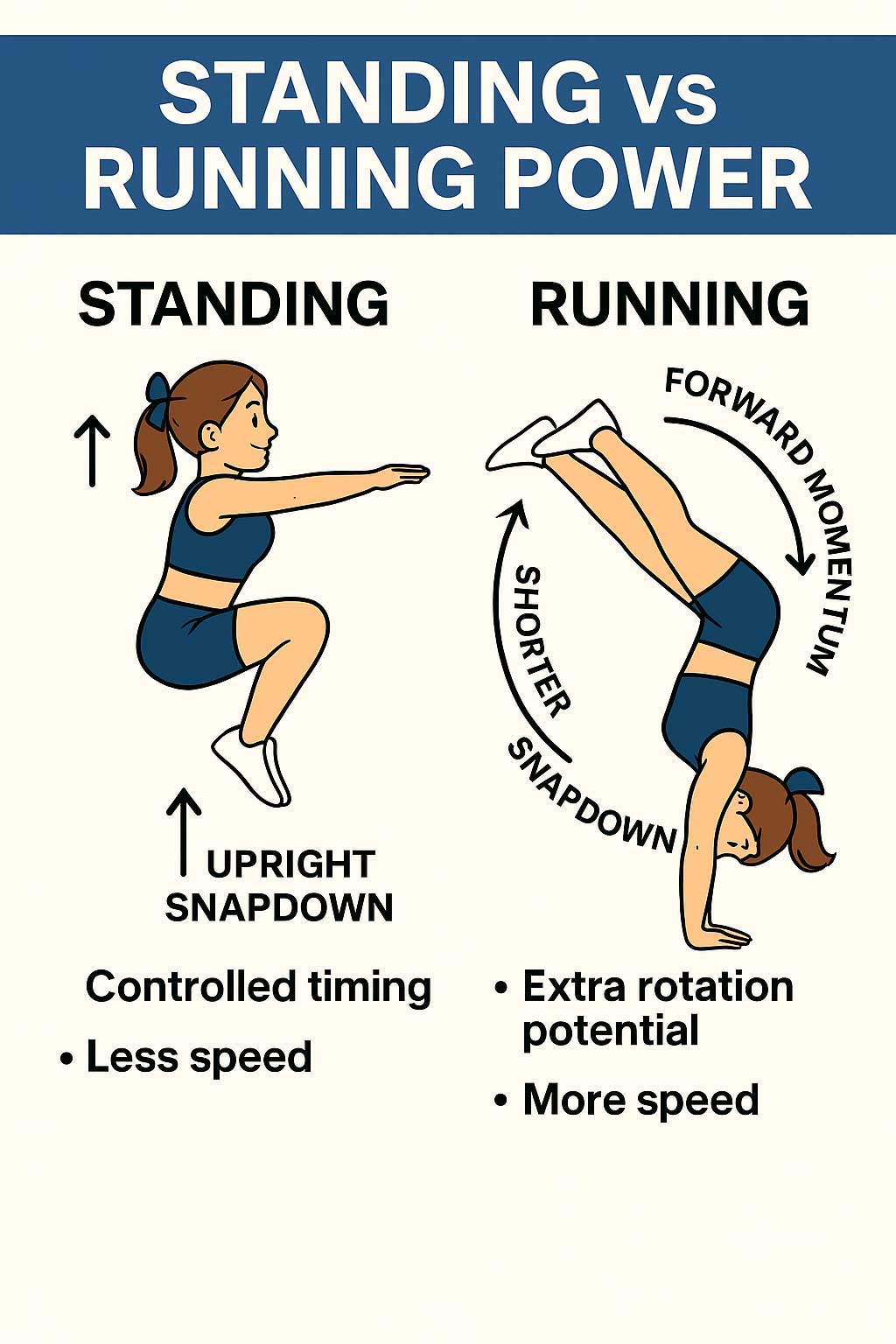
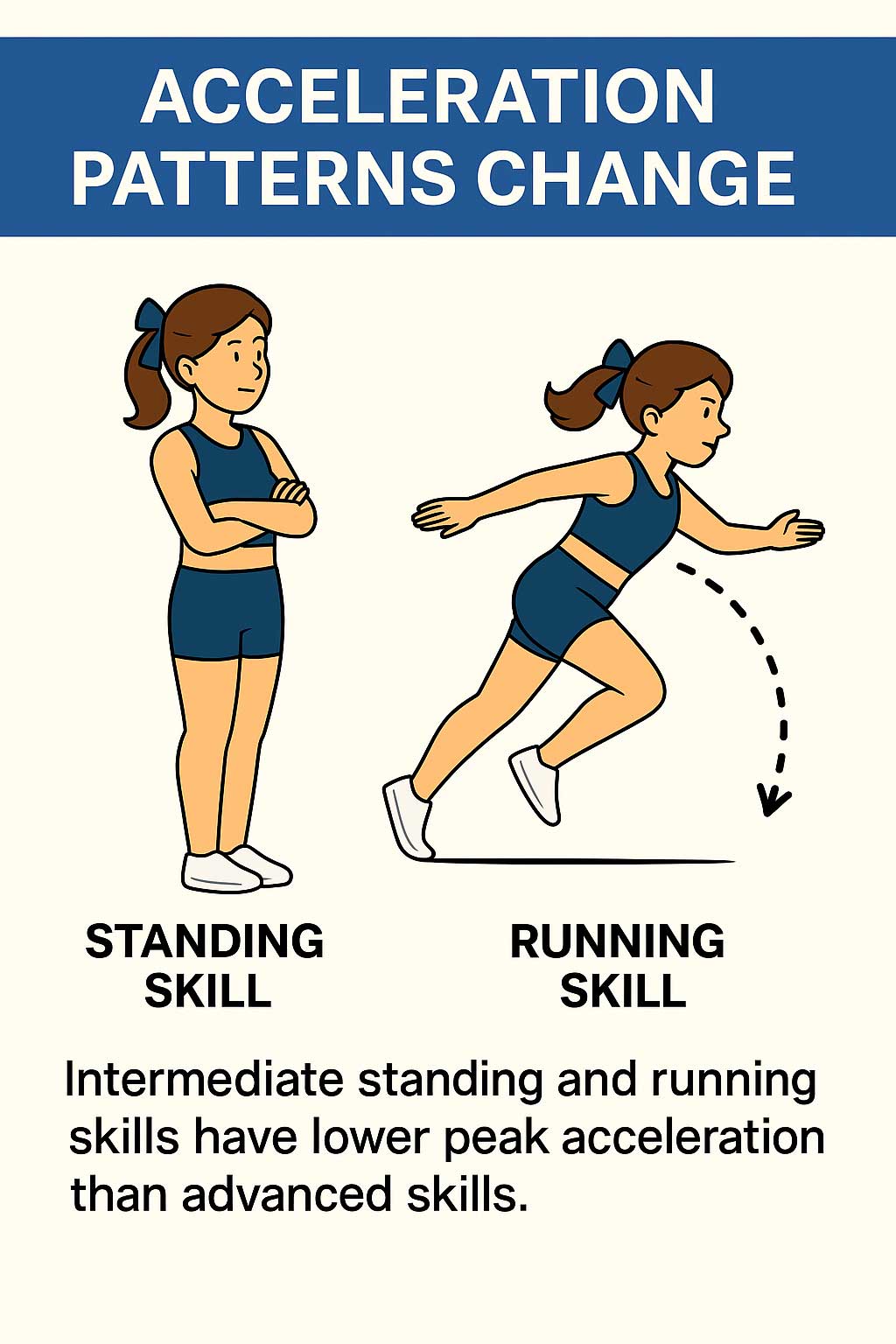
Step 2: Get That Hollow Body on Lock
When you add speed, your body naturally wants to arch backward like crazy. Coaches call this “arch temptation” and it’s super real. You have to fight this with specific hollow body training.
What’s happening: When you go fast, your body wants to turn into a banana. It’s like when you’re in a car that accelerates hard and you lean back into the seat; except in tumbling, that’ll mess everything up.
Drills your coach will have you do:
- Hollow rocks with different arm positions – 30 seconds, 3 times
- Handstand snap-downs staying hollow – The key is keeping that shape even when going fast
- Roundoff to stick landing – Just land it, no extra skills
- Roundoff jump-backs – Jump backward onto raised mats, staying tight
Step 3: Relearn Your Timing (This is the Game-Changer)
Here’s what science tells us: your muscles have to work in a different pattern for running skills. While we can’t put an exact percentage on it, you definitely need to snap down earlier when you’re coming out of a roundoff.
Easier way to think about it: Standing skills give you time to really pull and snap. From a roundoff? Everything’s gotta happen faster. It’s like the difference between a casual high-five and trying to high-five someone when you’re both running—the timing is totally different.
The Main Drill (Always With a Spotter):
- Do your roundoff-back handspring
- But instead of your usual skill, just do a layout with ZERO twist
- Try to snap earlier than feels normal
- Land in control (not trying to stick it perfectly upright)
- Only add twisting when your coach says you’re ready
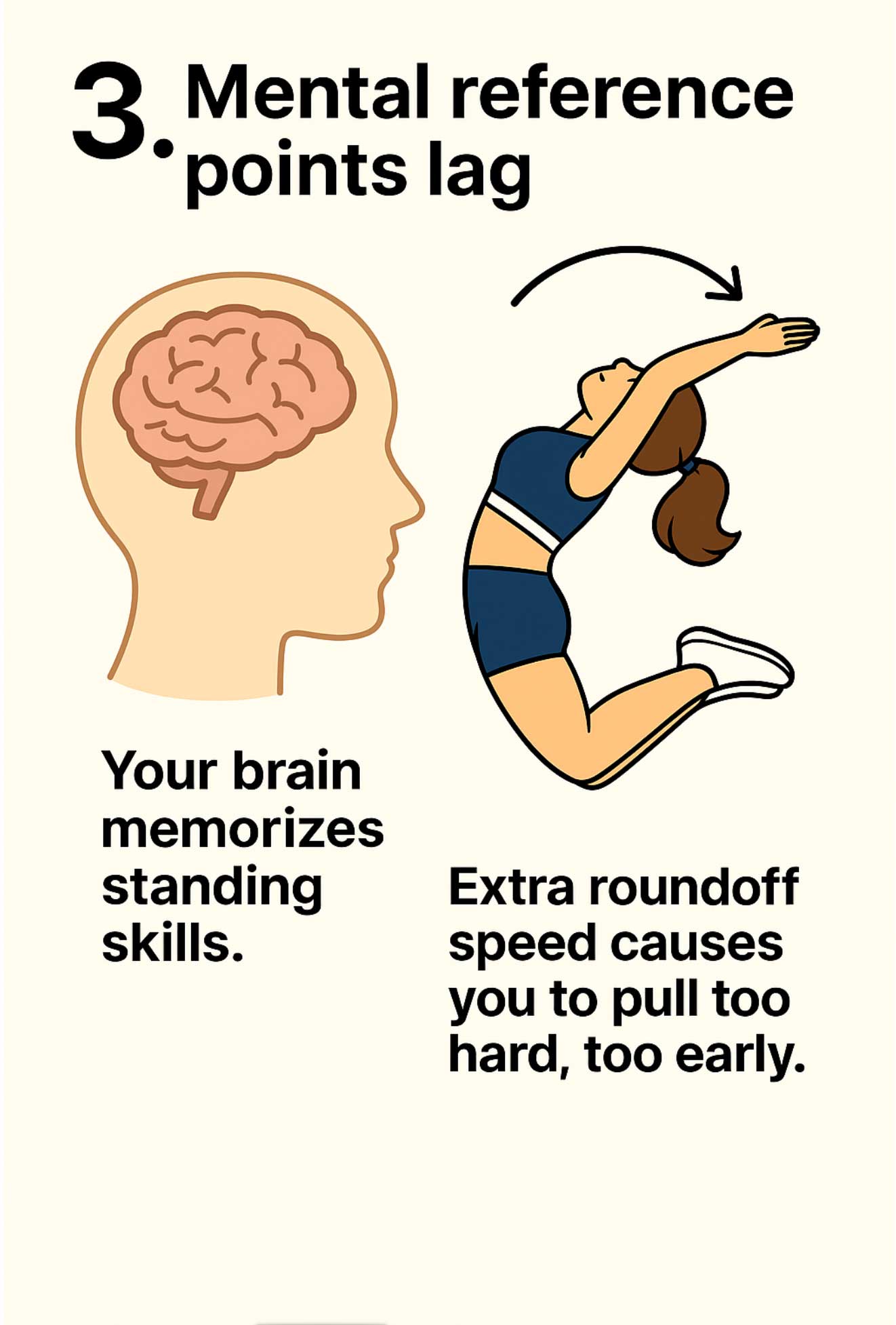
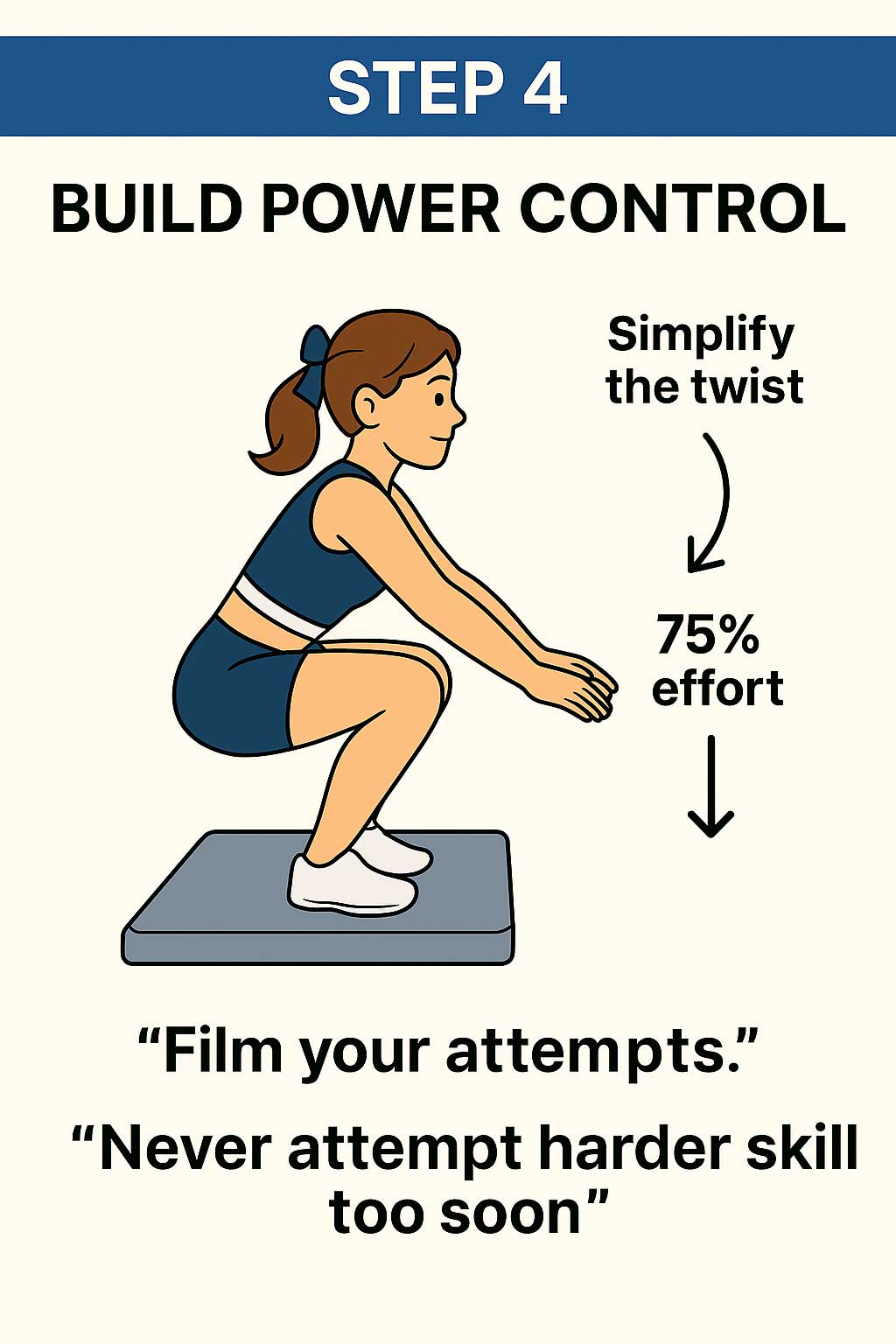
Step 4: Learn Control, Not Maximum Power
How to Progress (Everyone’s Different on Timing):
Phase 1: Keep It Simple (At Least 2-3 Weeks)
- Just do roundoff-back handspring-layouts (no twisting at all)
- Focus on where your chest ends up when you land
- Need to nail this at least 10 times before moving on
Phase 2: Add a Little Twist (Another 2-3 Weeks Minimum)
- Try roundoff-back handspring-Arabians (that’s a half twist to your stomach)
- This forces you to set right because you can’t cheat it
- Has to be consistent before moving on
Phase 3: Bring Back Your Full Skill (This Takes Forever for Some People)
- Don’t go full power right away
- Film everything to review with your coach
- Only add more power when you’re landing clean
- Seriously, this can take months—that’s normal
Phase 4: Level Up (Only When Your Coach Says So)
- Once doubles are boring and easy, maybe start thinking about triples
- But if the easier skill isn’t automatic, you’re not ready for harder stuff
The Cues That Actually Help
What Your Coach Should Be Telling You:
- “Set up before you twist” – The roundoff gives you spin, you just need to go UP
- “Snap earlier” – Your legs need to move faster than in standing
- “Same shapes, different timing” – Keep your technique, just adjust when stuff happens
- “Up and a little forward, not back” – Fight that backward pull
What Your Coach is Looking For:
- Your chest should be neutral or slightly forward at takeoff
- Your eyes should see the ceiling, not the wall behind you
- Your arms should punch up, not reach back
- Your feet should land under you or slightly in front
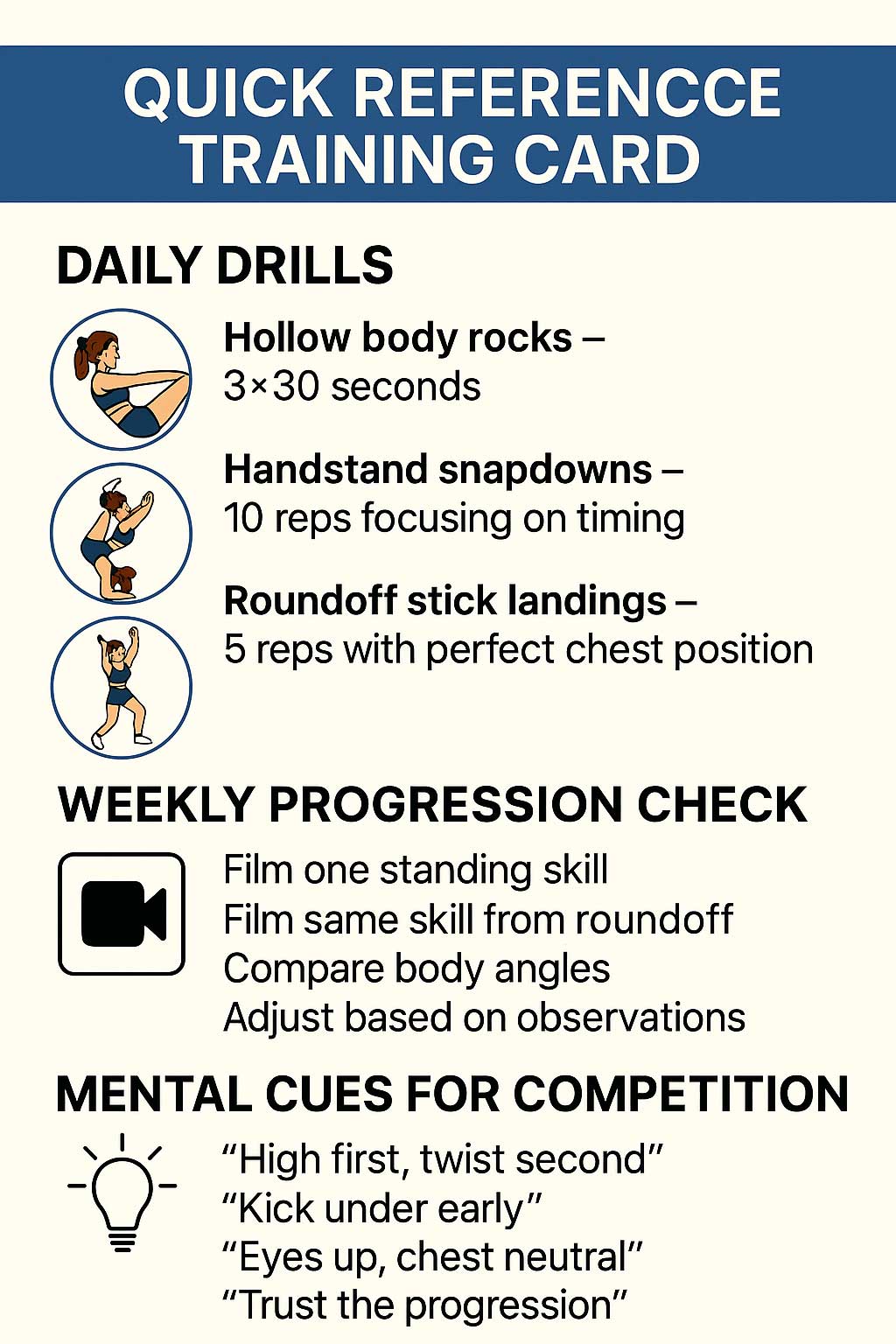
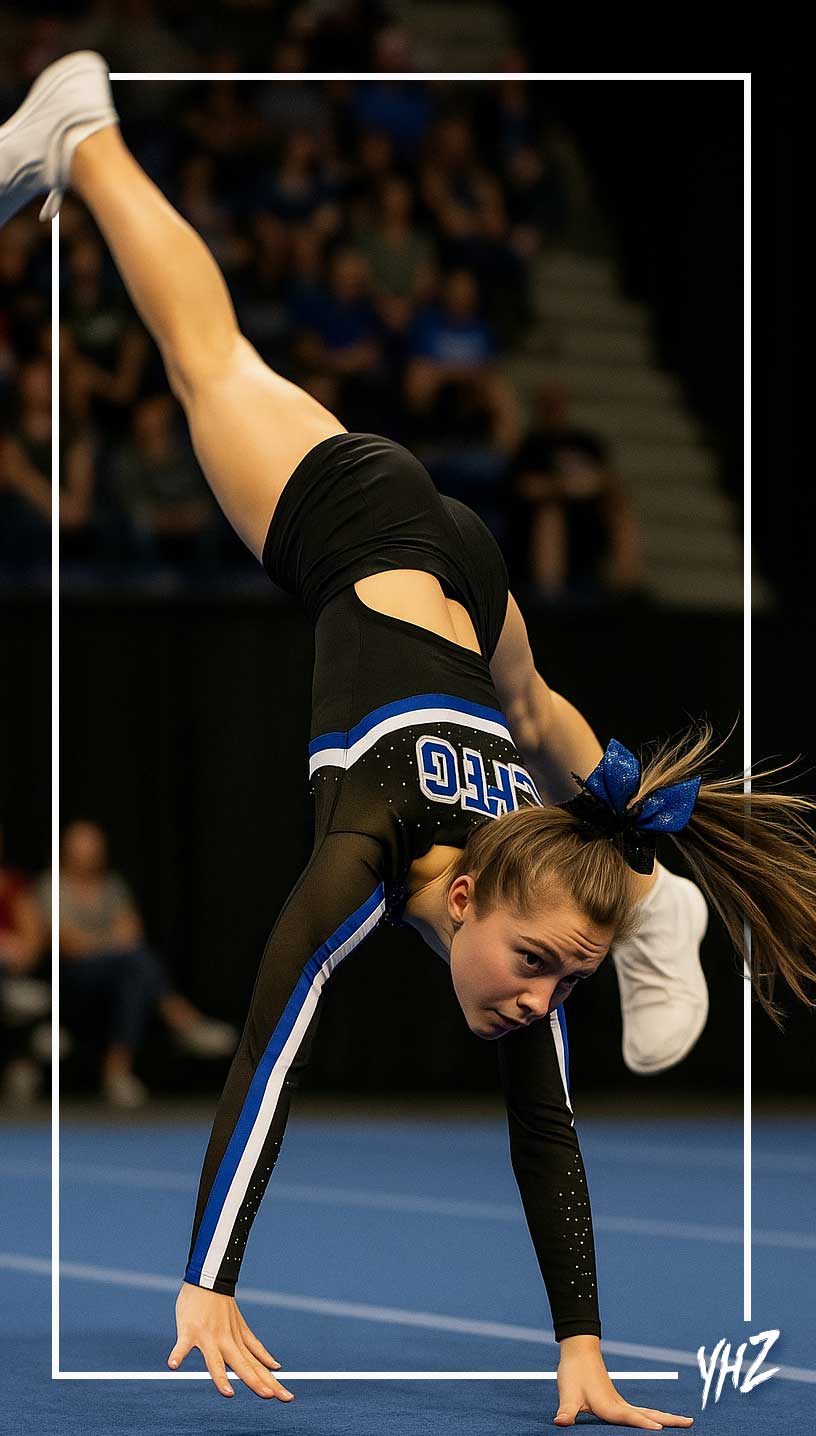
Mistakes That Make Everything Worse
1. Taking a Huge Run-Up
More steps doesn’t mean more control. Research on sprinting shows people hit near-top speed in just a few steps. Your coach will tell you how many steps to take (usually like 2-3 power steps).
Why this matters: Taking a massive run-up just gives you more time to mess up. Keep it simple.
2. Jumping UP Into Your Roundoff
This kills your momentum. You want to hurdle forward, not up.
Think about it: Be a race car staying low and fast, not a pogo stick bouncing up and down. Every bit of upward bounce is wasted energy.
3. Skipping Steps in Training
Your brain needs time to adjust. Work with your coach to use the right progression for your gym. Don’t try to rush it just because your friend is doing harder stuff.
4. Those Weird Backward Steps
Okay, this is confusing. In cheerleading rules, if you go backward, it’s technically “standing tumbling” even if you take steps back. But from a how-your-body-works perspective, those steps create momentum so it’s not really “standing” anymore.
The issue: Taking backward steps before your “standing” skills creates this weird in-between technique that doesn’t work well for either real standing OR running skills. Work with your coach to keep your technique clean.
Mistakes That Make Everything Worse
1. Taking a Huge Run-Up
More steps doesn’t mean more control. Research on sprinting shows people hit near-top speed in just a few steps. Your coach will tell you how many steps to take (usually like 2-3 power steps).
Why this matters: Taking a massive run-up just gives you more time to mess up. Keep it simple.
2. Jumping UP Into Your Roundoff
This kills your momentum. You want to hurdle forward, not up.
Think about it: Be a race car staying low and fast, not a pogo stick bouncing up and down. Every bit of upward bounce is wasted energy.
3. Skipping Steps in Training
Your brain needs time to adjust. Work with your coach to use the right progression for your gym. Don’t try to rush it just because your friend is doing harder stuff.
4. Those Weird Backward Steps
Okay, this is confusing. In cheerleading rules, if you go backward, it’s technically “standing tumbling” even if you take steps back. But from a how-your-body-works perspective, those steps create momentum so it’s not really “standing” anymore.
The issue: Taking backward steps before your “standing” skills creates this weird in-between technique that doesn’t work well for either real standing OR running skills. Work with your coach to keep your technique clean.
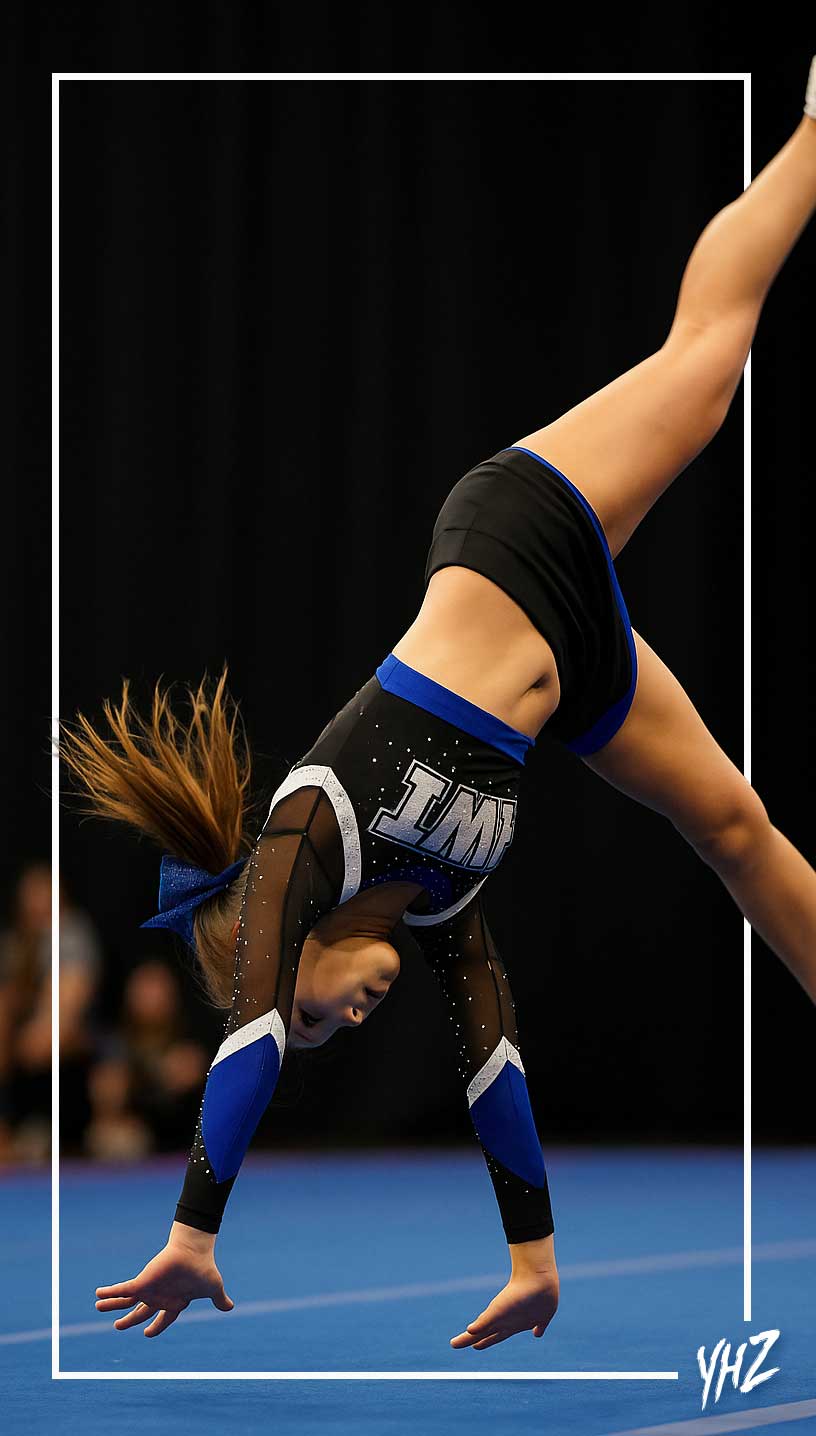
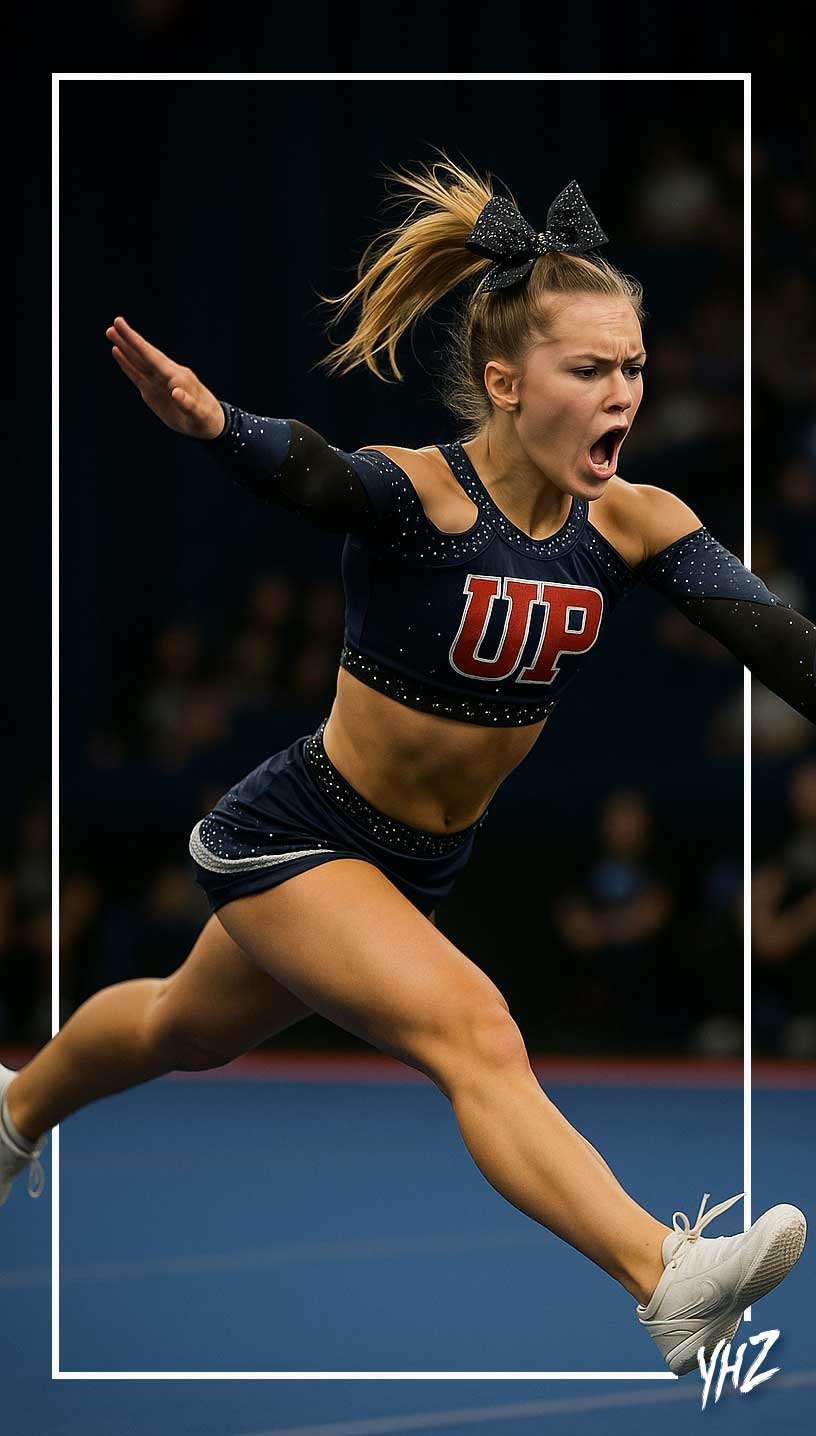
Let’s Talk About Mental Blocks (They’re Normal!)
What’s Really Going On
Mental blocks are legit psychological responses that sometimes need professional help. It’s not just “being scared”. It’s way more complex than that.
Here’s the deal: Your brain has multiple systems keeping track of what’s happening when you tumble:
- What you see (visual)
- Your balance system (vestibular: like your inner ear stuff)
- Where your body parts are (proprioceptive: your body’s GPS)
When these systems get conflicting info at high speed, your brain can basically hit the emergency brake. That’s a mental block.
What might help (but only with your coach):
- Super slow progression – Like, way more reps at each level than you think
- Same routine every time – Same warm-up, same cues, same everything
- Watch yourself succeed – Video review can help reprogram your brain
- Get professional help – Sports psychologists are amazing for this stuff
Important: Mental blocks are NOT you being weak or a baby. They’re your brain trying to protect you. Never try to just “push through” without help.
When to STOP (This is Serious)
Your coach should stop you if:
- You land on your neck or shoulders (even once)
- You’re consistently scared and it’s not getting better
- You feel lost in the air (don’t know where you are)
- Anything hurts (back, neck, joints)
- You can’t control what you’re currently working on
- You’re too tired to keep good form
If any of this happens, stop. Rest. Maybe go back to easier stuff. This isn’t giving up. It’s being smart.
Everyone’s Different (And That’s Okay)
People progress at totally different speeds based on:
- What training they’ve done before
- Natural flexibility and strength
- How they handle fear
- How often they train and who coaches them
- Their body type and proportions
- How old they are
There’s no “normal” timeline. Some people get this in weeks, others take literally years. This doesn’t mean anything about how good you’ll eventually be; tons of elite athletes were “slow learners” at first.’
The Bottom Line: You Need Your Coach
The athlete who spotted this pattern was super smart, but being aware of the problem doesn’t fix it. You need:
- A legit coach who knows their stuff
- A real gym with proper equipment
- Patience to work through everything properly
- Consistent practice focusing on quality, not just throwing skills
- Good communication with your coach about what you’re feeling
The science shows that elite athletes have to train their bodies to work differently for different situations. In normal words, standing and running skills need different timing, and you have to train both. It’s not about being stronger; it’s about being smarter with your training.
Last Words to the Reddit Athlete
Your comment about this being a universal problem was spot-on. The fact that you could see the pattern, “I can do it standing but overrotate from a roundoff” and connect it across different skills shows you really understand what’s happening. That kind of awareness is huge.
This isn’t you doing something wrong. It’s a normal thing that happens when you’re getting better. The research backs this up—different tumbling situations literally require your muscles to work in different patterns.
Keep working with your coach, trust the process (even when it’s slow), and remember that every elite tumbler has dealt with this exact same thing. The difference between people who figure it out and people who don’t isn’t talent. It’s having good coaching and the patience to do things right.
You’ve got this. But please, take your time, stay safe, and always have qualified supervision.
Quick Checklist for Athletes
Daily Conditioning (Only if your coach approves)
- Hollow body rocks – 3 sets of 30 seconds
- Wall handstands – Work up to 60 seconds
- Bridges – Hold for 10-20 seconds
- Whatever core work your coach assigns
Remember
- Everyone progresses at their own speed
- Mental blocks are normal, not weakness
- Never train this stuff without your coach
- If it hurts, stop immediately
- Being safe is way more important than any skill
IPP's Premade Mixes are USA Cheer Compliant and customizable! Add Sound FX, swap songs, & more! Add your Team Name to the mix for only $10!
Legal stuff: This article is just for education. The author and website aren’t responsible for any injuries from trying this stuff. Always work with qualified professionals. Seriously, we mean it.

